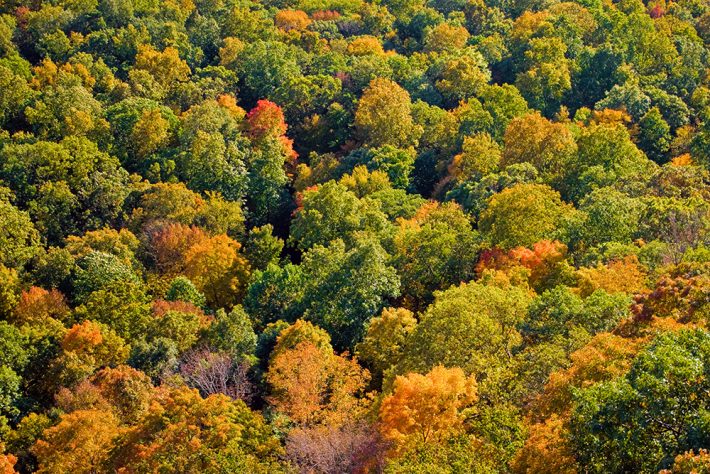Consultation & Inquiry Responses
We regularly respond to government consultations and parliamentary inquiries on a range of environmental and scientific topics, individually or in partnership with other organisations. We focus on synthesising and communicating the relevant ecological evidence, and representing the views of the ecological community.
Get Involved
Submitting high-quality responses relies on the expertise of our members. If you would like to contribute to consultations and inquiries, please register on our Interests and Expertise Database, or contact our Policy Manger.
2021
SPG Response to the Climate Change - Net Zero Nation: Public Engagement Strategy
March 2021
(220 KB pdf)
Overall, we welcome the strategy. We encourage an evidence based approach. We also encourage the inclusion of further details regarding how people can take action.

2019
BES Response to the UK Marine Strategy (Part One) Consultation
June 2019
(493 KB pdf)
Overall, we welcome the Marine Strategy, and its broad suite of indicators, goals and steps for achieving them, as an important step forward in understanding and protecting the marine environment. This response reflects some specific issues members had with the indicators related to their area of research.
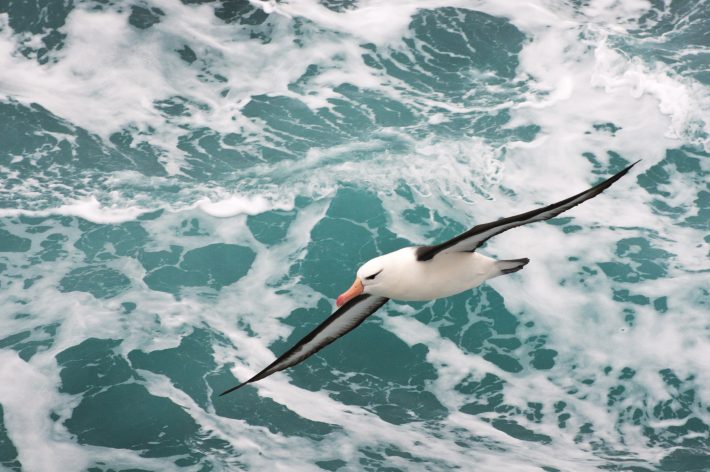
BES Response to the Invasive Species EAC Inquiry
May 2019
(380 KB pdf)
The UK has taken some positive measures for managing the impact and potential risks posed by invasive non-native species (INNS). Such measures include the creation and maintenance of the GB Non-Native Species Information Portal (GB-INNSIP) which contains evidence on over 2000 INNS. Such initiatives, however, would have a greater impact if there were a statutory responsibility on local authorities to implement INNS measures.

BES-SPG response to Scottish Government Principles and Governance consultation
May 2019
(388 KB pdf)
Based on the evidence we have received, we have answered questions regarding: Monitoring, Measuring and Reporting.
If the Scottish Government remains committed to collecting data to monitor Scotland’s environment this would enable government performance and standards to continue to be measured against other countries and regions, including the rest of the UK. There will also be opportunities to improve what data is collected to inform policy. We recommend a comprehensive review of existing schemes to identify current gaps in the monitoring, reporting and presentation of environmental data. Even with assurances from the Scottish Government, there is a potential risk of funding cuts in the future for resource-intensive monitoring schemes, such as Site Condition Monitoring, which could have cascading effects on other indices.
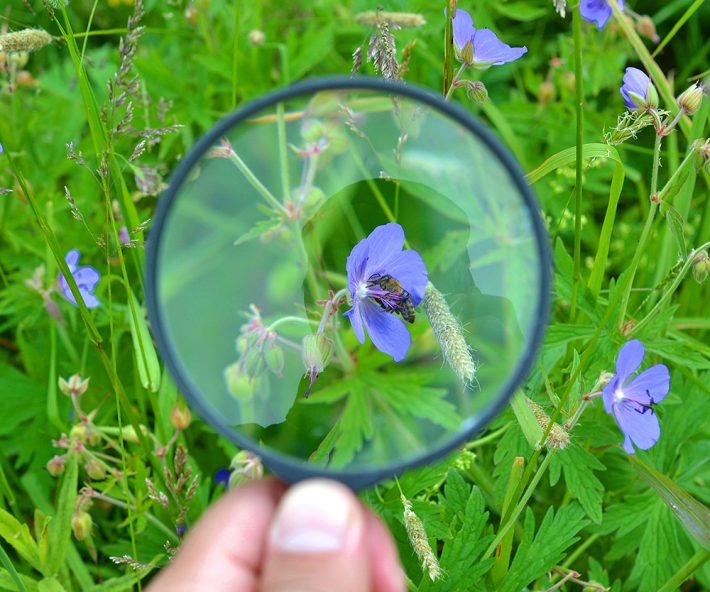
BES Response to Defra's Net Gain Consultation
February 2019
(536 KB pdf)
A robust and ambitious net-gain framework that captures all development requiring planning permission can help prevent biodiversity losses and contribute to, for instance, 25 Year Environment Plan (25YEP) targets relating to habitat restoration and creation that feed into the delivery of a Nature Recovery Network.

BES Response to Defra's 25YEP Indicator Consultation
January 2019
(567 KB pdf)
The BES welcomes the necessary move towards a robust indicator set that could be used to measure and guide action as part of an adaptive management plan, in respect of the 25 Year Environment Plan (25 YEP). However, there are some current shortcomings to the proposed framework, particularly regarding how the indicators allow progress against national and international targets to be measured.
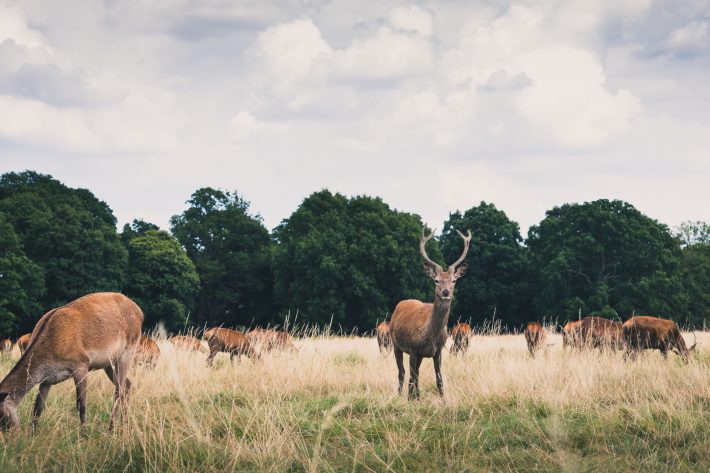
BES Response to the Welsh Biodiversity - Public Goods Scheme Consultation
January 2019
(958 KB pdf)
Biodiversity conservation should be at the heart of the new Public Goods Scheme (PGS), not a by-product; increased biodiversity will improve delivery and resilience of ecosystem services, as well as respect the intrinsic value of species. By conserving biodiversity, Wales will be able to meet both international and national commitments.

2018
BES Response to Desginated Landscapes Review
December 2018
(415 KB pdf)
National Parks and AONBs have an important role to play in nature conservation and biodiversity. Well-managed protected areas should be a cornerstone of conservation efforts, acting as a bulwark against anthropogenic pressures. Appropriate management and focus would allow these areas to become exemplars of conservation, benefitting people and nature and enabling the Government to fulfil its national and international objections for safeguarding nature.
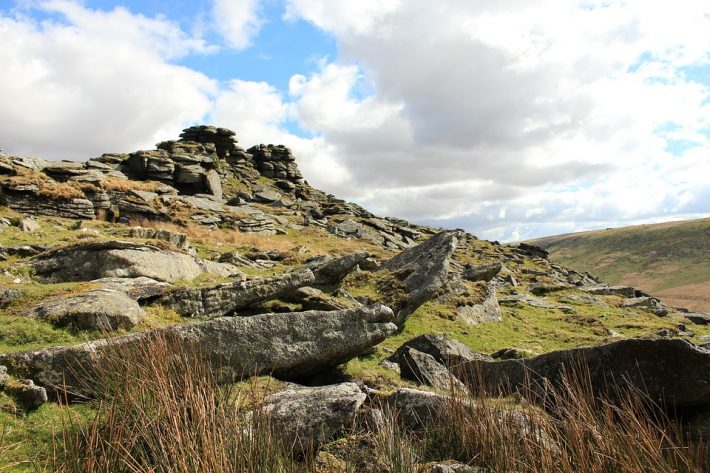
BES response to Brexit our Land consultation 2018
November 2018
(1,007 KB pdf)
The BES welcomes the Welsh Government’s proposal to reform land management in Wales. In particular, we welcome Principle 4, which recommends that future support encompasses the provision of additional public goods from land.
If you require a copy of our response in Welsh, please contact the policy team.
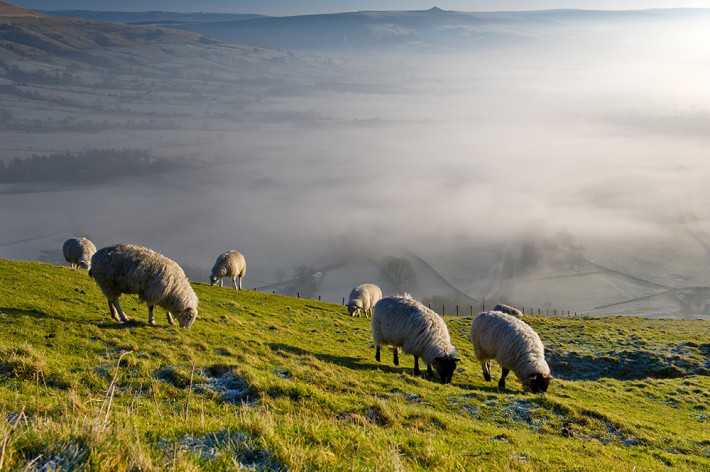
BES Scottish Policy Group response to the Scottish Government’s consultation on the Forestry Strategy 2019-2029
November 2018
(269 KB docx)
The BES-Scottish Policy Group welcomes the opportunity to respond to the draft Forestry Strategy which is a helpful summary of the existing forestry sector in Scotland, the Scottish Government’s current approach to forestry (i.e. multipurpose) and where it wants forestry to be in the future. However, the strategy is less clear regarding how it will achieve the objectives in support of the 50-year vision as there is no proposed implementation plan supporting the strategy.
